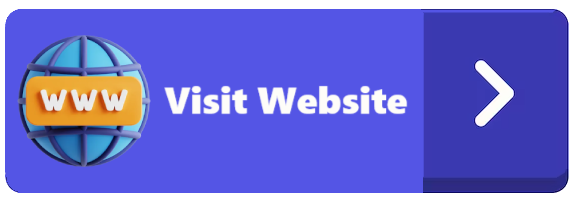
Microsoft Access: A Complete Overview and Its Applications
Microsoft Access is a database management tool developed by Microsoft and included in the Microsoft Office suite. It is designed to help users store, manage, and analyze data efficiently without requiring advanced programming skills. Access is widely used in small to medium-sized businesses, educational institutions, and for personal projects where a full-scale database solution like SQL Server may be too complex or unnecessary.
Access combines the features of a relational database engine, a graphical user interface, and development tools that enable users to create custom database applications. It allows users to build databases from scratch or use built-in templates for common use cases.
Here are some of the most common and important applications of Microsoft Access:
Creating databases for storing customer, employee, product, inventory, and order information
Designing forms to enter data in a user-friendly and structured way
Generating dynamic reports for analyzing and presenting data
Building relationships between tables to maintain data consistency and integrity
Developing lightweight business applications with custom forms and controls
Using macros to automate repetitive tasks and workflows
Writing VBA (Visual Basic for Applications) code to enhance functionality
Importing and exporting data from other sources like Excel, SQL Server, and SharePoint
Designing complex queries to extract, filter, and analyze specific data sets
Managing user permissions and controlling access to different parts of the database
Creating switchboards or navigation menus for simplified user experience
Access is not a free tool. It is available as part of certain Microsoft 365 subscription plans or as a standalone product through Office Professional. While Microsoft does not offer a free version of Access, trials may be available through Microsoft 365 subscriptions. Users must purchase a license to use it legally and gain access to updates and support.
When compared to other Microsoft database tools such as SQL Server, Access has both strengths and limitations. It is easier to learn and use, especially for non-developers, and is ideal for managing moderate amounts of data. On the other hand, SQL Server is a more powerful and scalable platform designed for large-scale enterprise solutions. SQL Server supports concurrent users, complex data transactions, and advanced security features, while Access is typically limited to smaller teams and local data storage.
Despite these limitations, Access can integrate with SQL Server, allowing users to leverage the ease of Access for front-end development while utilizing SQL Server for back-end data processing. This hybrid approach is commonly used in businesses that outgrow the basic capabilities of Access but still want to maintain familiar tools and interfaces.
Another key advantage of Access is its ability to create full-featured applications without writing extensive code. Users can quickly design applications with menus, forms, reports, and logic by using built-in tools. For small businesses or departments without dedicated IT resources, this low-code environment is especially attractive.
Access also allows collaboration to some extent, although it is not intended for heavy multi-user environments. Performance can degrade with many users, large databases, or network-based access. For more robust collaboration needs, SharePoint integration or an Access web app (in older Office versions) may be considered, though Microsoft has phased out some web-based features in recent years.
Conclusion
Microsoft Access is a versatile and user-friendly database management system designed for users who need to organize, store, and analyze data without the complexity of enterprise-level platforms. While not free, it is accessible through Microsoft 365 subscriptions or as a standalone product. Access excels in situations where ease of use, quick development, and low maintenance are priorities. Though it has its limitations in terms of scalability and performance under heavy loads, it remains a valuable tool for individuals and small to medium-sized organizations. When used appropriately, Access can significantly enhance productivity, data integrity, and reporting capabilities.












